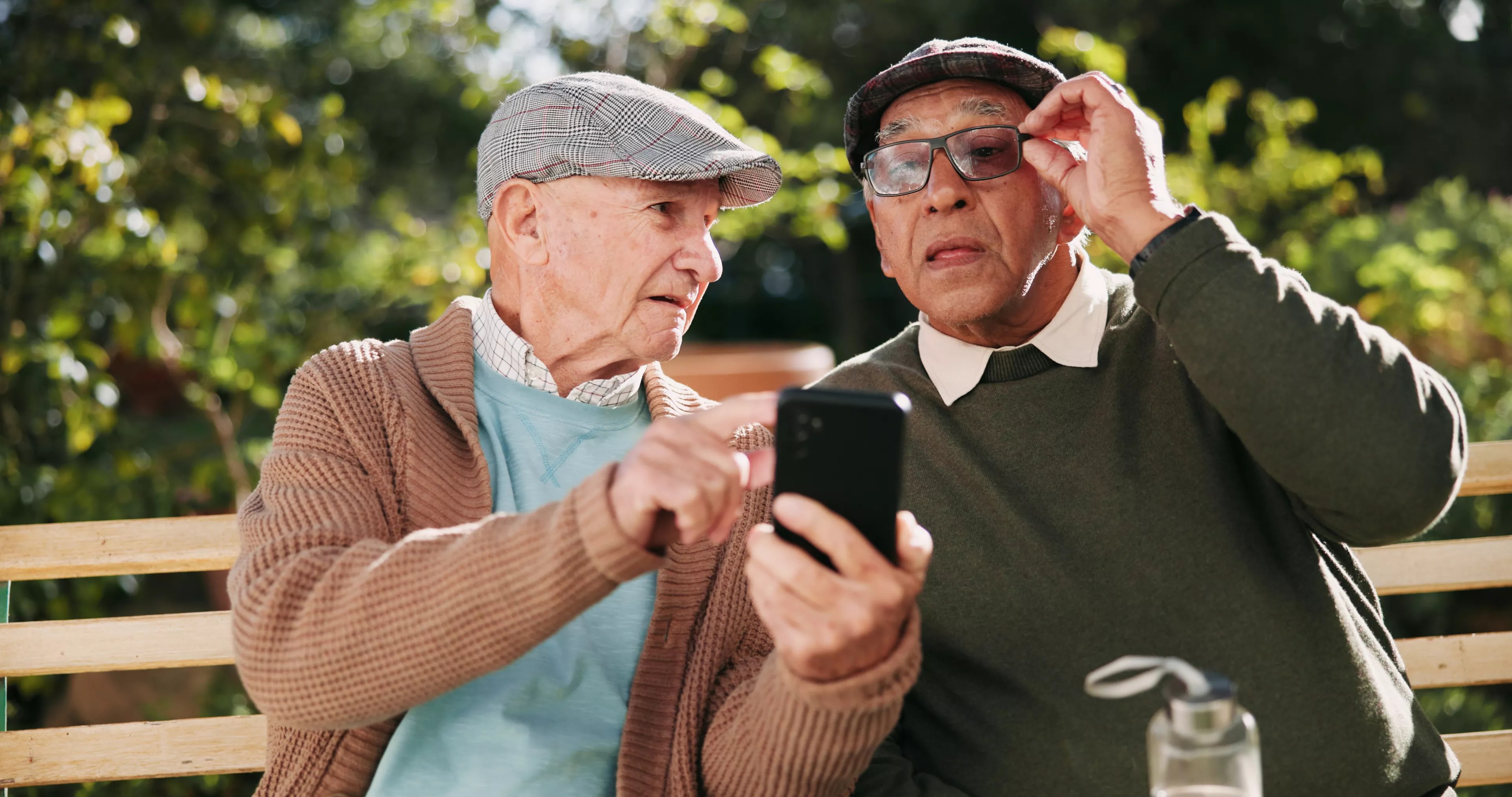
Adobe Stock

Audio By Carbonatix
We all know the person who gets a phone call from their distraught mother-in-law once a week because her phone has stopped working (the battery died) or her computer password won’t work (the caps lock was on). And if that person is you, those phone calls might become even more frequent starting next month.
As part of President Donald Trump’s effort to rid our government of fraud and waste, the Social Security Administration is cracking down on identification verification measures that some worry could adversely affect the elderly and those with disabilities. Beginning March 31, those receiving social security benefits will no longer be allowed to verify their identity over the phone to make changes to their banking information or make claims.
The agency will now require individuals to verify their identity through a two-factor authentication system on the “mySocial Security” online service. For those unable to navigate the web-based system, an in-person trip to an agency field office will be required.
Which isn’t a big deal, because it’s not as if nearly 50 field offices across the country are slated to be closed as part of this Make the Government Small Again campaign, right? Right?!
(Two field offices in Texas will be closed this year, one in Victoria and one in Nacogdoches.)
Lawmakers, advocacy groups and benefit recipients have voiced concerns that the Social Security Administration’s new procedures could put barriers in front of a part of the least equipped population to handle them. Tatiana Androsov, an Oak Cliff resident in her 70s, told the Observer she is worried that her peers who have not kept up with the latest technologies could struggle to navigate a system seen as basic by many.
“[They] may use a computer but often do not know how to go into the details of using a computer,” Androsov said. “And many of them don’t drive and cannot drive, so they can’t go to the nearest office.”
The Observer heard similar concerns from Dallasites responsible for aiding elderly parents or grandparents.
“This kind of relatively simple change would just give [my 86-year-old mother] fits,” one local resident, Marc Thaler, wrote in an email. He added that he understands why the administration may need to change to combat fraud but that on the ground, the new procedure will surely bring grief.
Leland Dudek, acting commissioner of the Social Security Administration, said Tuesday the agency sees over $100 million in direct deposit fraud annually out of the roughly $1.6 trillion in benefits distributed each year. A 2024 inspector general report from the Social Security Administration found that between 2015 and 2022, “improper payments” made up less than 1% of the payments made by the agency, Poynter reports.
Nonetheless, the Department of Government Efficiency’s leader, Elon Musk, has maintained that “massive” amounts of fraud plague the Social Security Administration. He told reporters earlier this month that it is “only by tackling waste or fraud can we actually preserve” programs like social security “for the future.”
Anthony Johnson, an East Dallas resident who founded an information securities company in 2014, believes some of the changes to the agency’s procedures could be helpful due to the security risks new technologies now pose.
“Hacking is just becoming more sophisticated with AI and everything else. But you know, there is also some concern and there’s some things that are problematic,” Johnson told the Observer. “Some of this, though, is just basic, good information security procedure. I don’t want to make any kind of update or change on somebody’s personal data unless I can really validate who they are.”
Johnson added that from a management perspective, eliminating an option like phone calls will require the agency to implement new ways for beneficiaries to access their accounts. For example, a two-factor authentication system should be flexible enough to allow an email, phone number or code-based application to act as the second device authenticating the individual’s identity.
The Social Security Administration said frontline employees are currently undergoing a two-week training period on the new policies, which will launch at the end of the month. The agency is already suggesting calling to make an in-person appointment to begin and complete benefits claims for anyone unable to use the mySocial Security app.
Androsov agrees that although the goal may be to boost efficiency and decrease fraud, offering a wider variety of options for those hoping to access their account will be necessary to accommodate an increasingly older population.
“We have a growing percentage of people who are over the age of 65, but we have not yet adapted to that,” she said. “We [need to be] in an adaptation mode now.”